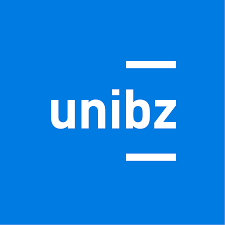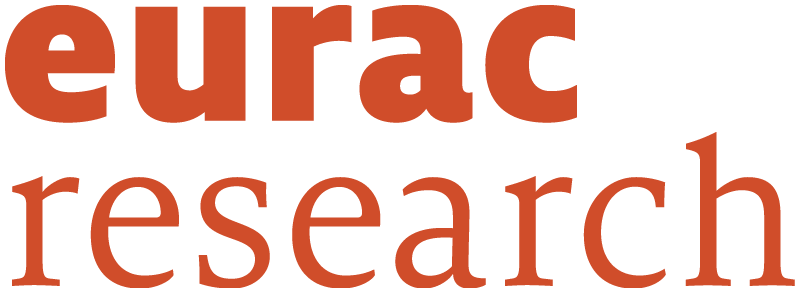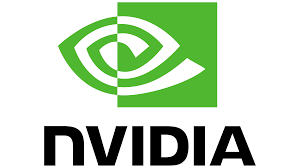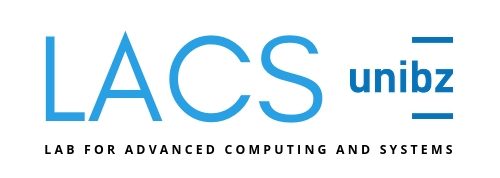Summer School 2021 in HPC and AI
Warning: due to COVID-19 emergency, the school will run virtually
 |  |  |
HPC Summer school: introduction to parallel systems and AI
High-Performance Computing (HPC) plays a fundamental role in many areas of science, engineering, and industry to tackle computational expensive problems. HPC techniques are essential not only for computational scientists that want to take full advantage of parallel shared-memory architectures and distributed systems with hundreds of thousands of processors but also for data-scientist that want to analyze large amounts of data (big-data). More recently, with the advent of Deep Learning and Graph Analytics, among others, Data Science is growing in popularity and the role of HPC is changing. The manipulation, processing, and analysis of unstructured data require new solutions in order to extract knowledge efficiently.
This summer school will focus on the effective exploitation of state-of-the-art hybrid High-Performance Computing (HPC) systems with a special focus on Data Analytics and AI in collaboration with NVIDIA Deep Learning Institute.
The course content is tailored for intermediate graduate students and researchers from UniBZ and EURAC Research interested in learning AI frameworks, parallel programming models, and hands-on experience using HPC systems. Starting from an introductory explanation of the available systems at UniBZ, the course will progress to more applied topics such as parallel programming, high-productivity scientific, and deep learning software frameworks (e.g., Python NumPy, Tensorflow, Pytorch ).
What You Will Learn:
The Summer School on Parallel Computing is an intense, 4 days, graduate-level course in HPC, with the objective of providing the participants with the skills to program and exploit modern parallel computing systems like traditional CPU multi-core, accelerators such as GPUs, and high-performance tools, libraries, and AI frameworks.
The school aims at providing fundamentals concepts and hands-on sessions focusing on the tools needed to HPC productivity (including for instance bash, batch systems) and more advanced topics including parallel programming and AI software stack on NVIDIA GPUs.
In particular, you will:
- Have knowledge of HPC architectures in general and in particular, the HPC systems at Free University of Bozen-Bolzano and the HPC cluster located in Vienna and how to use such resources;
- Be familiar with fundamental parallelization techniques;
- Write simple programs on shared memory paradigm (OpenMP);
- Learn the fundamental techniques and tools required to train a deep learning model;
- Gain experience with common deep learning data types and model architectures
- Enhance datasets through data augmentation to improve model accuracy;
- Leverage transfer learning between models to achieve efficient results with less data and computation;
- Build confidence to take on your own project with a modern deep learning framework;
At the end of the school you will receive a participation certificate issued by UniBZ and a Deep Learning Institute certificate issued by NVIDIA.
Program
The Summer School will take place from June 7, 2021 until June 10, 2021.
Download the material here
Day 1 – 07/06/2021 (9:00 – 13:00)
Day 2 – 08/06/2021 (9:00 – 13:00)
Introduction to HPC Resources
Topic covered:
- Introduction to HPC and cluster technologies and terminology.
- Linux commands and Bash scripting fundamentals, development tools (compilers, etc) usage.
- Jobs scheduler, batch systems, and HPC containers (e.g., Singularity).
- Hands-on session.
Lecturer: Dr. Marco Cianfriglia, National Research Council of Italy.
Short Bio: Since 2017 Dr. Marco Cianfriglia is a Post-doctoral researcher at the Institute for Applied Computing (IAC), National Research Council of Italy where I work on HPC, parallel programming, security, digital forensics, and cryptanalysis. Currently, I am also an adjunct professor at the Computer Science Department of Sapienza, University of Rome, where he teaches System Programming. Marco received his PhD in Mathematics – Cryptography and Information Security in 2018 from the University of Roma Tre.
Day 3 – 09/06/2021 (9:00 – 17:00)
Introduction to Multicore Programming with OpenMP
- Crash course on parallel architecture
- OpenMP programming and execution model (talk+practical)
Lecturer: Philipp Gschwandtner, University of Innsbruck
Short Bio: Philipp is a postdoctoral researcher at the Research Center HPC at the University of Innsbruck, Austria. With his PhD research focusing on performance and energy analysis and optimization of parallel programs, Philipp’s main research interests lie in high performance computing and parallel programming, including adjacent topics such as scientific computing, program optimization, runtime systems, or compiler research. During his PhD studies he visited the Jülich Supercomputing Centre and Queen’s University Belfast for several months, funded via the FWF Doctoral Programme Computational Interdisciplinary Modelling (DK CIM).
Day 4 – 10/06/2021 (9:00 – 17:00)
Introduction to High-Productivity and High-Performance Tools for Deep Learning
Topic covered:
- Explore the fundamental mechanics and tools involved in successfully training deep neural networks.
- Leverage pre-trained models to solve deep learning challenges quickly. Train recurrent neural networks on sequential data.
- Apply computer vision to create a model that distinguishes between fresh and rotten fruit.
- Tools, libraries, and frameworks: Tensorflow, Keras, Pandas, NumPy
- Further information at the following link.
Lecturer: Dr. Gunter Roeth NVIDIA Corporation
Short Bio: Dr. Gunter Roeth is a Senior Solution Architect and a DLI Certified Instructor. He joined NVIDIA in October 2014 having previously worked at Cray, HP, Sun Microsystems, and most recently BULL. He has a Master in Geophysics from the Institut de Physique du Globe (IPG) in Paris and has completed a PhD in seismology on the use of neural networks (artificial intelligence) for interpreting geophysical data.
Who can Apply?
The school targets final-year master students, Ph.D. students, and young and senior researchers from the Free University of Bozen and Eurac Research, interested in the use of technologies on high-performance computing and AI.
NOTE: since the maximum number of applicants is rather limited (30) please do compile the form only if you are sure you are actually able to attend.
How to Apply?
You can apply by compiling the form at the following link.
Deadline for submission is 02/06/2021.
Course Director:
Chairs/Director: Bruno Carpentieri, Johann Gamper, Andrea Janes, Flavio Vella ( School Director)
Local Organizing Committee: Cristiano Maria Cumer, Konrad Hofer, Lucia Maninetti and Marianna Gesualdo.
Need more info?
If you need more info about the summer school, feel free to send a mail to marianna.gesualdo@unibz.it / lucia.maninetti@stud-inf.unibz.it or to get in touch with the School Director dr. Flavio Vella by sending an email to flavio.vella@unibz.it.
 |  |  |

